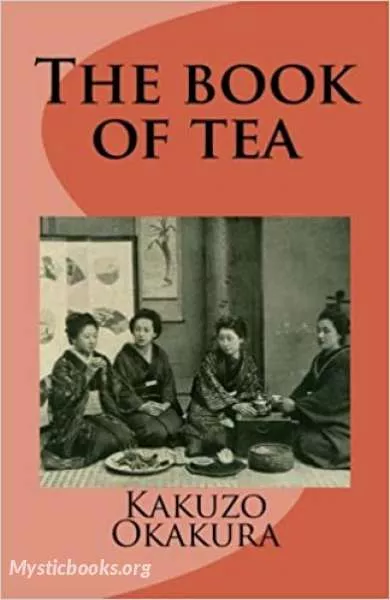
The Book of Tea
'The Book of Tea' Summary
“Tea began as a medicine and grew into a beverage. In China, in the eighth century, it entered the realm of poetry as one of the polite amusements. The fifteenth century saw Japan ennoble it into a religion of aestheticism--Teaism. Teaism is a cult founded on the adoration of the beautiful among the sordid facts of everyday existence. It inculcates purity and harmony, the mystery of mutual charity, the romanticism of the social order. It is essentially a worship of the Imperfect, as it is a tender attempt to accomplish something possible in this impossible thing we know as life.”
The author shows that the philosophy of Teaism, which was developed from Japanese Zen Buddhist teachings, actually has deeper roots in Chinese Confucianism and Taoism as well.
After its publication in 1906 The Book of Tea provided a window into Japanese culture, and furthered a better understanding and appreciation of the philosophy behind minimalism in Japanese art, architecture, design and living.
Book Details
Authors
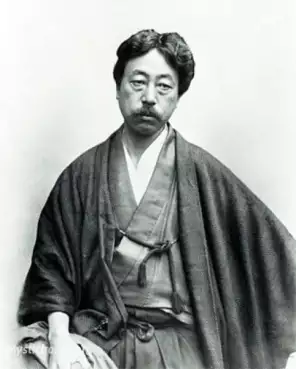
Okakura Kakuzo
Japan
Okakura Kakuzō was a Japanese scholar who contributed to the development of arts in Japan. Outside Japan, he is chiefly remembered today as the author of The Book of Tea. The second son of Okakura Ka...
Books by Okakura KakuzoDownload eBooks
Listen/Download Audiobook
- Select Speed
Related books
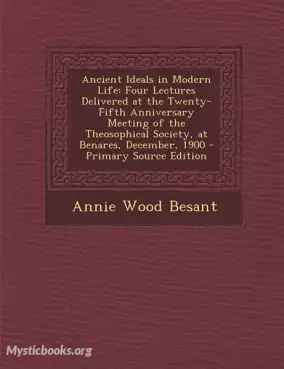
Ancient Ideals in Modern Life: Four Lectures by Annie Besant
The lectures in this book explore the relevance of ancient ideals and teachings in the modern world, and how they can provide guidance and inspiration...

Book of Tea by Kakuzō Okakura
The Book of Tea was written by Okakura Kakuzo in the early 20th century. It was first published in 1906, and has since been republished many times. -...

Nuove odi barbare by Giosuè Carducci
Nuove odi barbare is a collection of 20 new poems by Giosuè Carducci, published in 1882. This volume expands upon the initial 16 poems published in 18...

Is Shakespeare Dead? by Mark Twain
A short, semi-autobiographical work by American humorist Mark Twain. It explores the controversy over the authorship of the Shakespearean literary can...
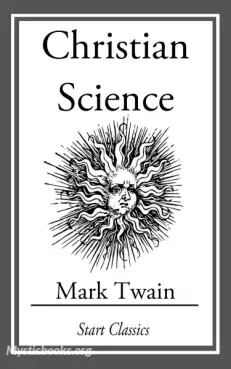
Christian Science by Mark Twain
Christian Science is a 1907 book by the American writer Mark Twain (1835–1910). The book is a collection of essays Twain wrote about Christian Science...

And Thus He Came by Cyrus Townsend Brady
This collection of short stories, often referred to as modern parables, explores the impact of Christmas on life's events and crises. The stories, wr...
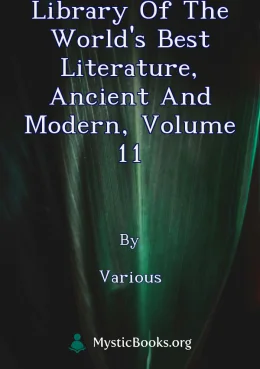
Library of the World's Best Literature, Ancient and Modern, volume 11 by Various
This volume, part of a multi-volume set, focuses on a selection of literary works from the period between the writers Dana and Dickens. It features a...
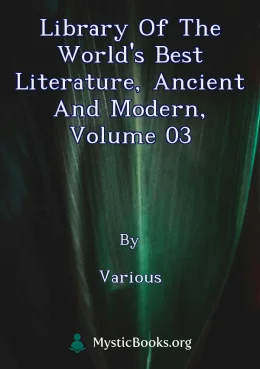
Library of the World's Best Literature, Ancient and Modern, volume 03 by Various
The Library of the World's Best Literature, Ancient and Modern, is a comprehensive anthology spanning across 45 volumes. It aims to introduce readers...
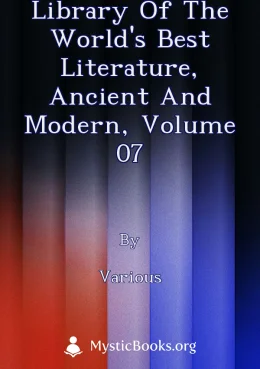
Library of the World's Best Literature, Ancient and Modern, volume 07 by Various
This seventh volume of "The Library of the World's Best Literature, Ancient and Modern" presents a curated collection of literary works by various aut...
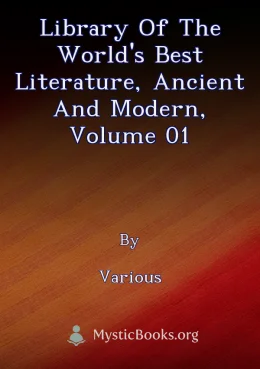
Library of the World's Best Literature, Ancient and Modern, volume 01 by Various
The Library of the World's Best Literature, Ancient and Modern is a comprehensive collection of literature from around the world and throughout histor...
Reviews for The Book of Tea
No reviews posted or approved, yet...